Electrical Safety Training Online Course
Quantity: 1
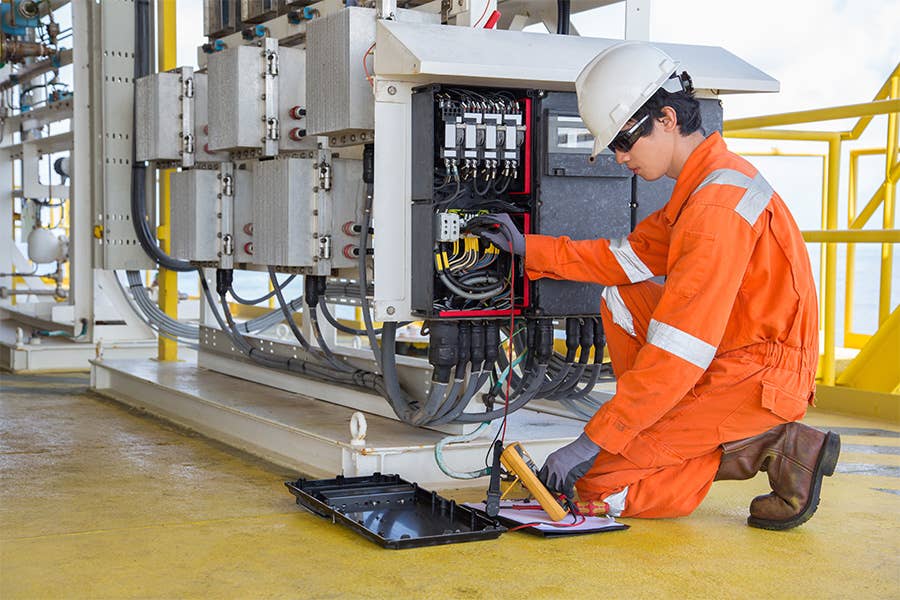
Duration 1 - 2 hours
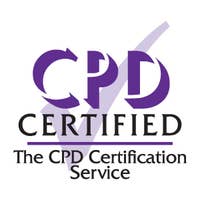
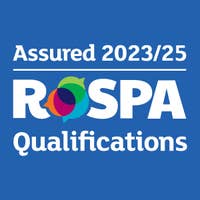

100% online training
Start when you like
Learn on any device (desktop, mobile or tablet)
Instant assessment and result
1 learner per course
Train teams of all sizes
Bulk discounts starting at 10% off 10 courses
Pay by invoice with 30 day payment terms available (5+ courses)
Includes a 10% discount for 10+ courses
This Electrical Safety training course is designed to ensure that both employers and employees understand the main risks and the necessary controls for the safe use of electricity at work. Wherever people are working, there are risks to the users of electrical installations and equipment that must be considered.
This course will help you understand how to complete an electrical risk assessment, how to review existing control measures, and how to ensure that appropriate safe systems of work are put in place to keep workers from harm when their work activities involve electrical equipment or electrical installations.
100% online training
Access anywhere
Same day digital certificate
Printed certificate posted next working day
Full audio voiceover
Assessment retakes at no extra cost
Written in compliance with the Electricity at Work Regulations 1989
Developed by health and safety professionals
Accredited by CPD and assured by RoSPA Qualifications
Bulk discount for orders of 10+ courses
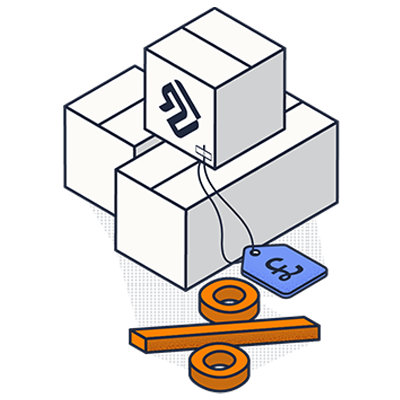
Save on our courses when you buy more training upfront. Lock in a better price now and access the training whenever you need to. You can mix and match any of our courses too and get the discount off your whole order.
10+ courses = 10% off
50+ courses = 20% off
100+ courses = 30% off
500+ courses = 40% off
By the end of this course, you will:
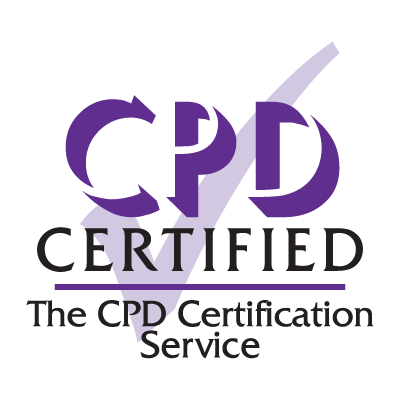
Accredited by CPD
All of our courses are accredited by the CPD Certification Service as conforming to universally accepted Continuing Professional Development (CPD) guidelines.

Assured by RoSPA Qualifications
This course is also assured by the Royal Society for the Prevention of Accidents through their RoSPA Qualifications Assurance System, as providing up-to-date, quality and content-approved training.
Recommended renewal:
1 year
What does this mean? This certificate does not have an expiry date, however, based on industry best practice guidelines there is a recommended renewal period.
Our in-house Learning Designers develop all of our courses to give you and your learners the most engaging training possible.
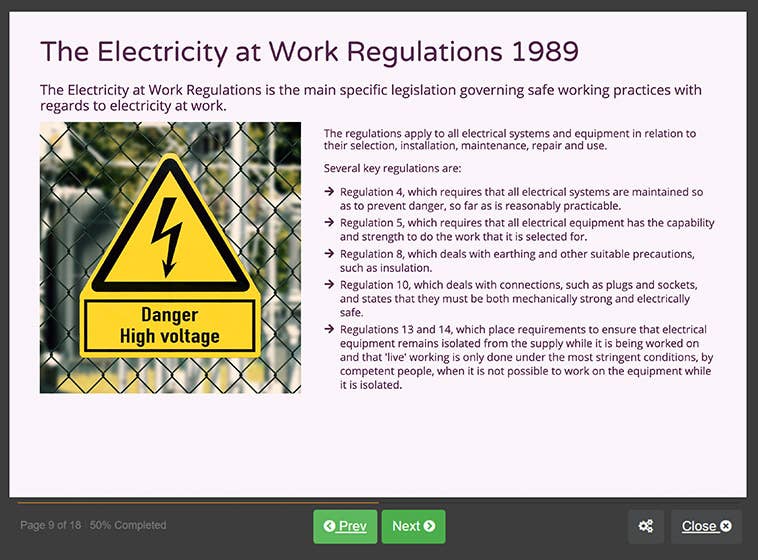
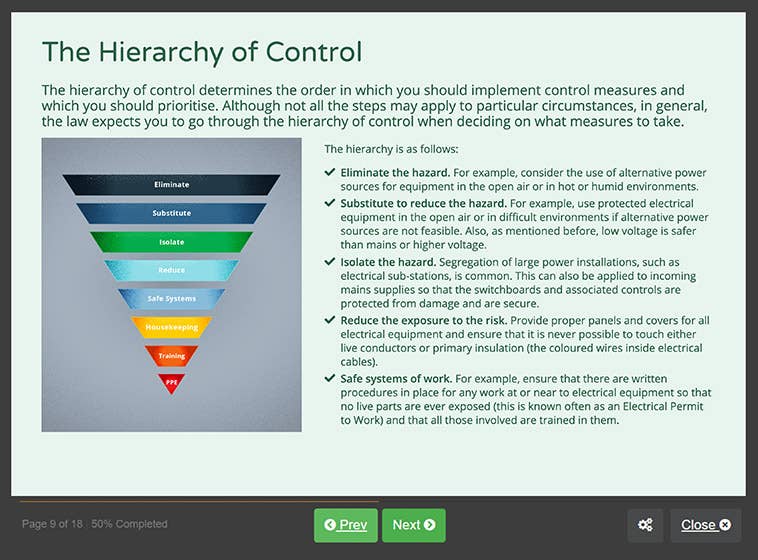
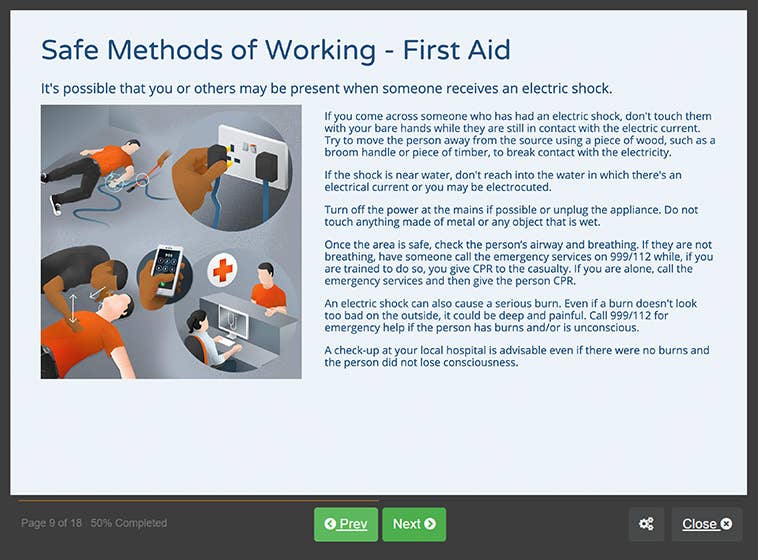
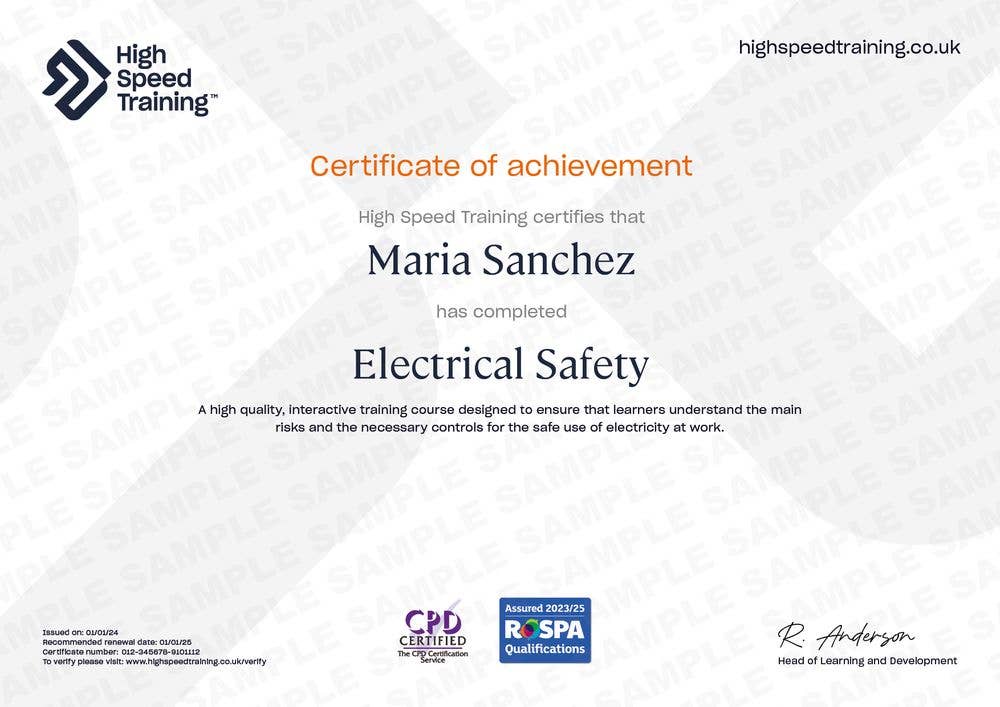




What is electrical safety? Statistics for electrical accidents, types of accidents and injuries, common causes of accidents and injuries, employer duties, the Health and Safety at Work Act and the Management of Health and Safety at Work Regulations, the Electricity at Work Regulations 1989, and employee responsibilities.
What is a risk assessment? Key definitions, who should carry out a risk assessment? Identifying electrical hazards, the fire triangle, deciding who may be harmed and how, evaluating risks, the hierarchy of control, recording findings, and reviewing the risk assessment.
Safe installations, safe electrical equipment, duties on manufacturers, importers or distributors, electrical controls and isolation, harsh work environments, portable electrical equipment, residual current devices, warning signs, fire safety, safe maintenance, and pre-use checks, inspections and combined inspections and tests.
Working near electrical installations, equipment and wiring, risk assessments and safe systems of work, overhead power lines, underground cables, working on equipment, machinery or installations, explosive atmospheres, competency requirements for working on or near live electrical equipment, instruction, information and training, safe methods of working - PPE, and safe methods of working - first aid.
The online assessment is taken on completion of the training material. You will be asked 20 multiple choice questions with a pass mark of 85%. The answers are marked automatically so that you’ll instantly know whether you passed. If you don't pass don't worry! You can take the test as many times as you need with no extra charge.
This course is suitable for workers of all levels, including employers, managers, supervisors, and employees whose work activities involve the use of electrical equipment or close-contact with electrical installations. The course has been designed as an introduction to electrical safety and so no pre-requisite training is needed. Occupations that may find the training particularly useful include, but are not limited to:

In partnership with
Neil Murray
Health and Safety Consultant
Neil Murray is a vastly experienced and highly qualified health and safety professional who has held roles such as Senior Health and Safety Executive inspector, and Principal Inspector for Channel Tunnel construction. He has also held senior roles in an international infrastructure business, a major UK water utility company and a major construction group and provided management consultancy to numerous companies across a wide range of industries.
Neil has a wide expertise in many sectors, including construction, civil engineering, manufacturing engineering, water and waste utilities, education, heritage sites, public safety, rail construction and operation, transport, marine, waste management, engineering design and industrial and facilities management services.
Neil is a QSA auditor for RoSPA and also an author of published guidance on health and safety in the construction of the Channel Tunnel, work at height, major project management, and online training courses.
Yes, our Electrical Safety course can act as evidence of industry-related training for accreditation applications, such as CHAS. It covers the requirements of the Electricity at Work Regulations 1989, which will help you understand how to fulfil the legal duties they set out. Knowledge of these topics form part of the training requirements set out by accreditation assessment bodies, so you must be able to demonstrate evidence of compliance in order for your application to be successful. Our course will contribute to the evidence you must provide during your application, to show that you have received the relevant training.
Please note that it will be down to each individual accreditation body to decide if our courses are sufficient for the training requirements of your specific business. This evidence only forms one part of your overall application process. It is up to you to prove you are fulfilling your legal duties and to supply sufficient evidence for everything the accrediting body requires in order for your application to be successful.